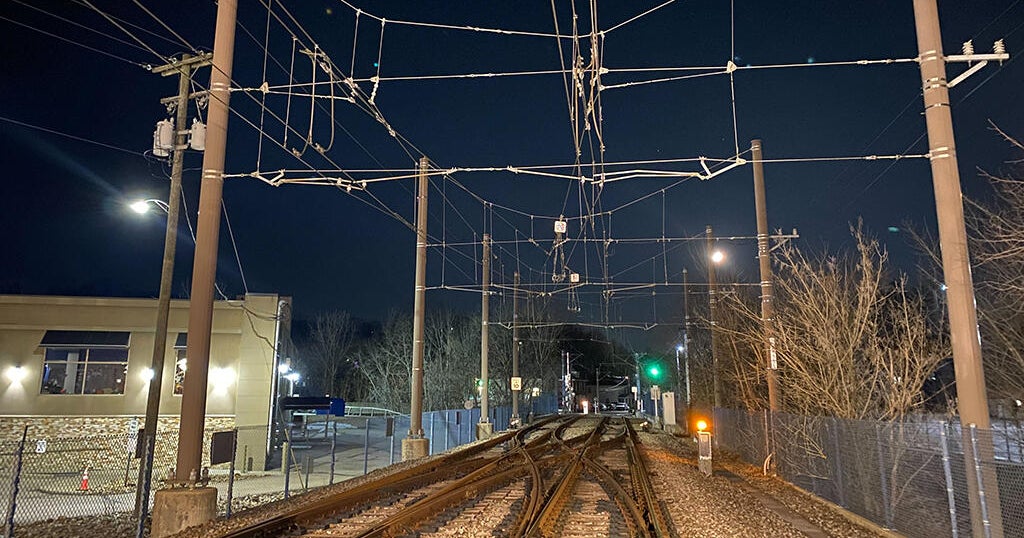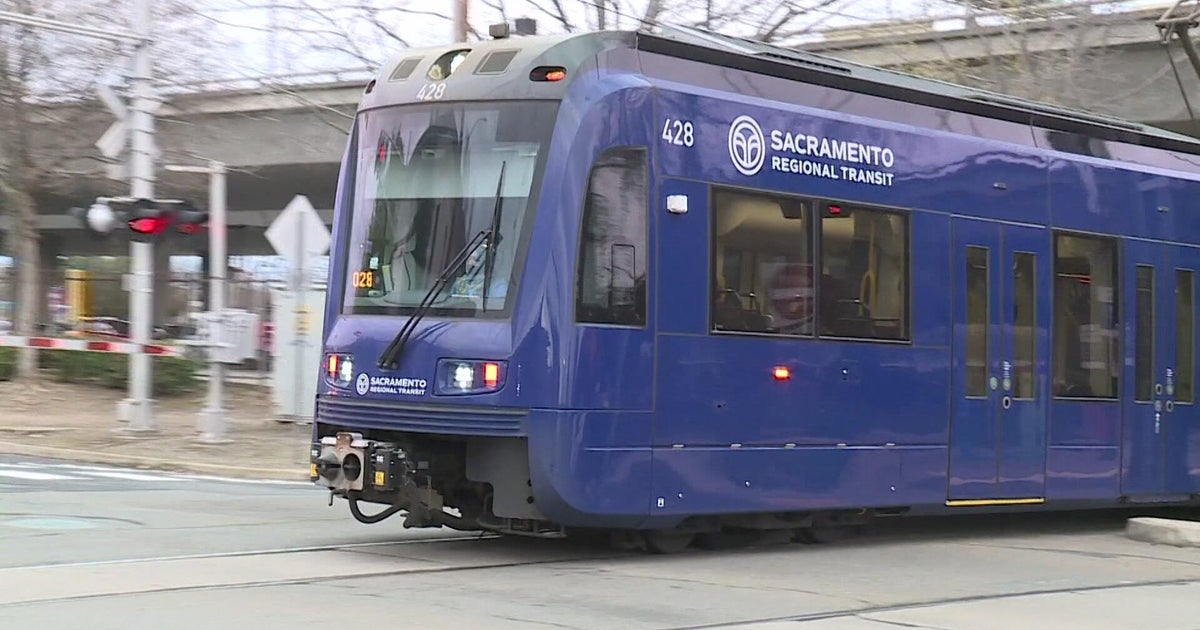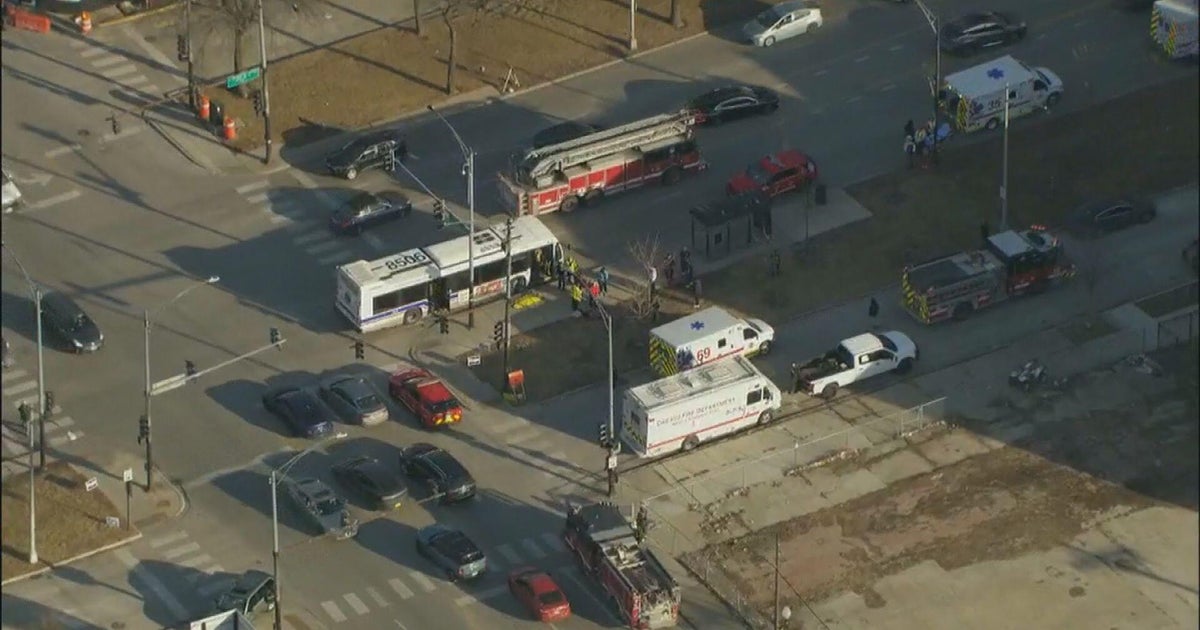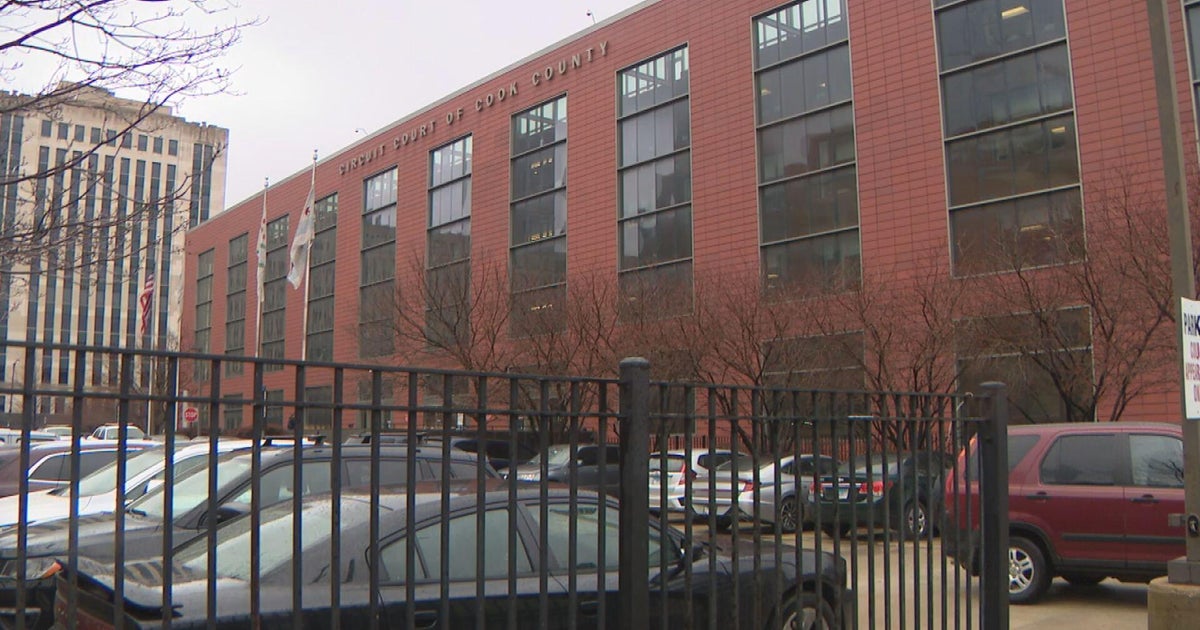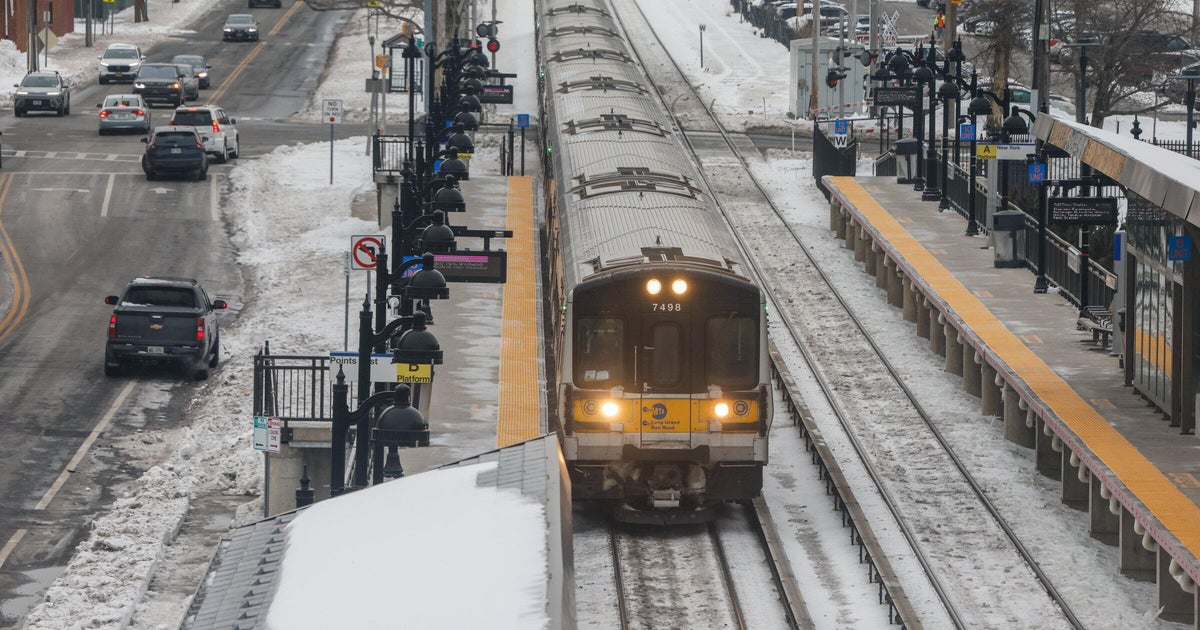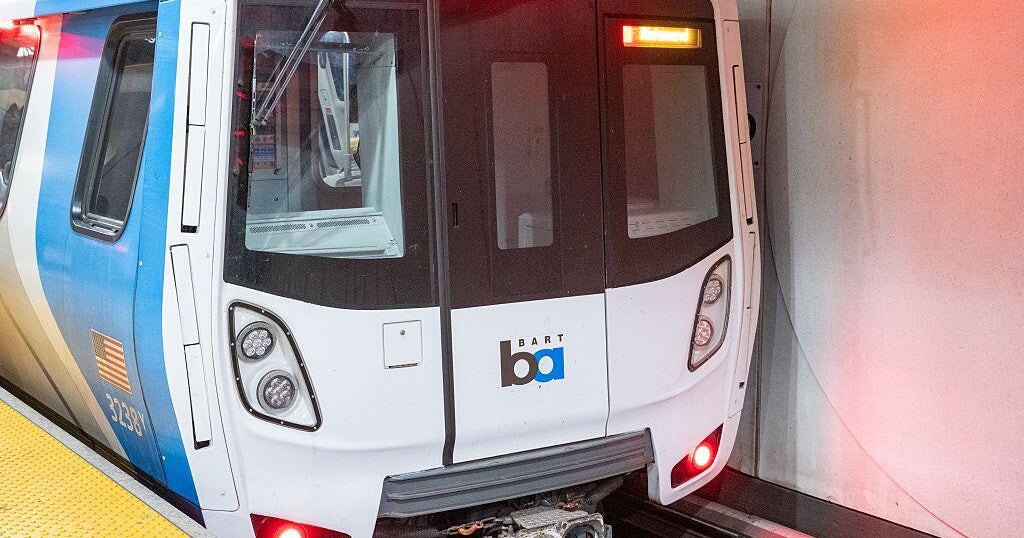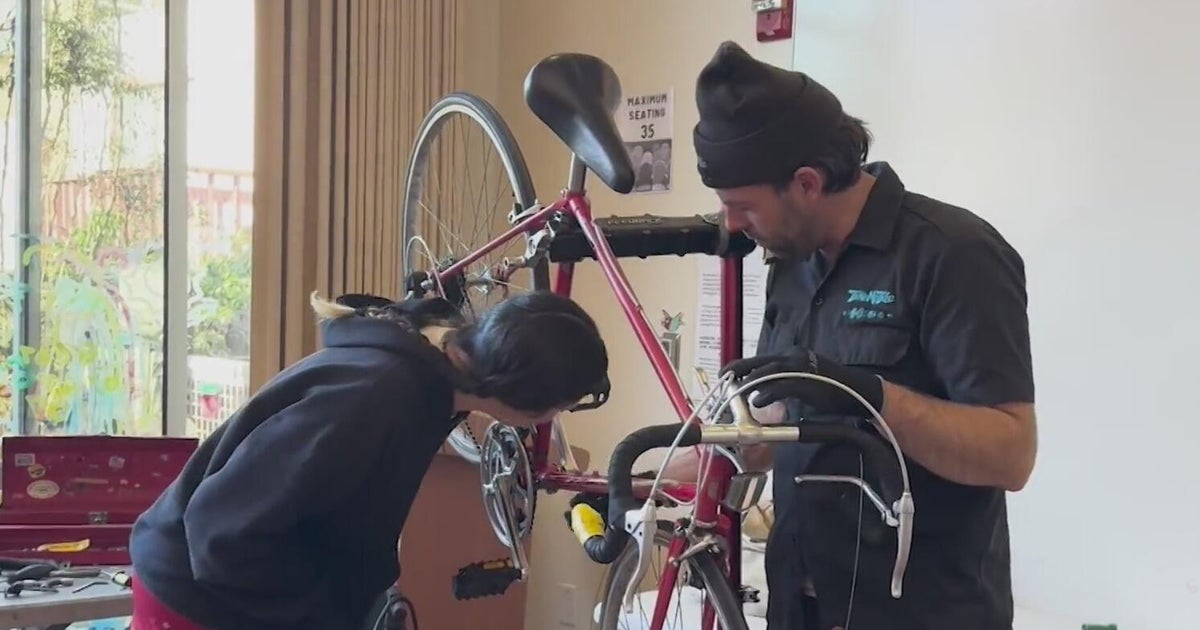Free Public Transit Rides For Seniors End At Midnight
Updated 08/31/11 - 8:40 p.m.
CHICAGO (CBS) -- The program that has allowed all Illinois seniors to ride public transit for free will come to an end at midnight Wednesday night.
But will it really totally shut down? As CBS 2's Mike Parker reports, commuters are getting a mixed message.
The Regional Transportation Authority said the program has cost the agency $33 million in lost fares, at a time when there is a need for $26 billion in infrastructure repairs over the next decade, according to RTA spokeswoman Diane Palmer.
So, starting Thursday, the three-year-old program is being replaced with a system in which most seniors will be allowed to ride for half fare. More than 80,000 who meet low-income requirements will still get to ride free under the new Circuit Ride Free program.
The RTA has already mailed out "Circuit Ride Free" permits to seniors who qualify and reduced fare permits for seniors with a higher income.
Effective Thursday, only the new half-fare passes and Circuit Ride Free permits will be accepted on Chicago Transit Authority, Metra and Pace public transportation.
The freebie rides for all over the age of 65 will be no more.
Or will they?
The RTA is suggesting there may be some kind of grace period, when "Seniors Ride Free" pass holders can keep using them.
"It certainly will be based on the discretion of bus operators and conductors. There may be instances where seniors may come and present old senior ride free cards. They may not know," Palmer said.
Free pass holder Mara Berger said, "I don't think they can pick and choose, play favorites. It has to be consistent for everyone."
Another senior who's been riding free, Rosemary Schnell, says "sometimes changes are not improvements."
You don't have to convince senior citizen Bernard Skagen. In his words, "They should never ever cut the things that belong to old people. These are the last days of your life."
The RTA has been warning of these changes since Spring, but some seniors still aren't sure what it will mean for them.
Aubrey Jones makes three trips to a veterans' hospital every week and he's concerned about losing his free ride.
"It costs me $15 to $20 a week and this takes away from something else," Jones said.
More than 80,000 seniors will still be able to ride for free, because they meet the income requirement, but 375,000 seniors who've been getting a free ride will now have to pay a reduced fare.
The RTA forecasts $30 million a year in new revenue and, in these cash-strapped times, some people believe the senior program is an appropriate place to cut.
"I don't mind it. … I'd rather see them do this than something else," senior Barbara Keck said.
Qualifying incomes for the Circuit Ride Free program range from $27,000 to $45,000 – depending on the size of the household.
Although the "Seniors Ride Free" program is ending, RTA officials said that bus drivers and train conductors might still accept the free ride passes through the holiday weekend at their discretion. So if you don't want to pay, just ask and you might get lucky.
The RTA points out that several people with disabilities have asked how the change would affect them, and says the free rides program for the disabled is not changing.
The RTA says any Illinois senior that had a free ride permit, but has not been sent either a reduced fare permit or a Circuit Ride Free card, should call the RTA customer service center at (312) 913-3110.
Then-Gov. Rod Blagojevich demanded a law allowing seniors to ride free in exchange for passing a state transit funding bill at the beginning of 2008. The CTA later said the free rides for seniors program resulted in more $20 million in losses last year.
Wednesday afternoon, Blagojevich issued a statement lamenting the end of the free rides for all seniors.
"I ruffled a lot of feathers to make this happen, but I know it was the right thing to do. I wish I was in a position to do something about it," Blagojevich said.
Initially, Gov. Pat Quinn favored keeping the free rides for seniors, but in February, he signed a bill ending the policy.
